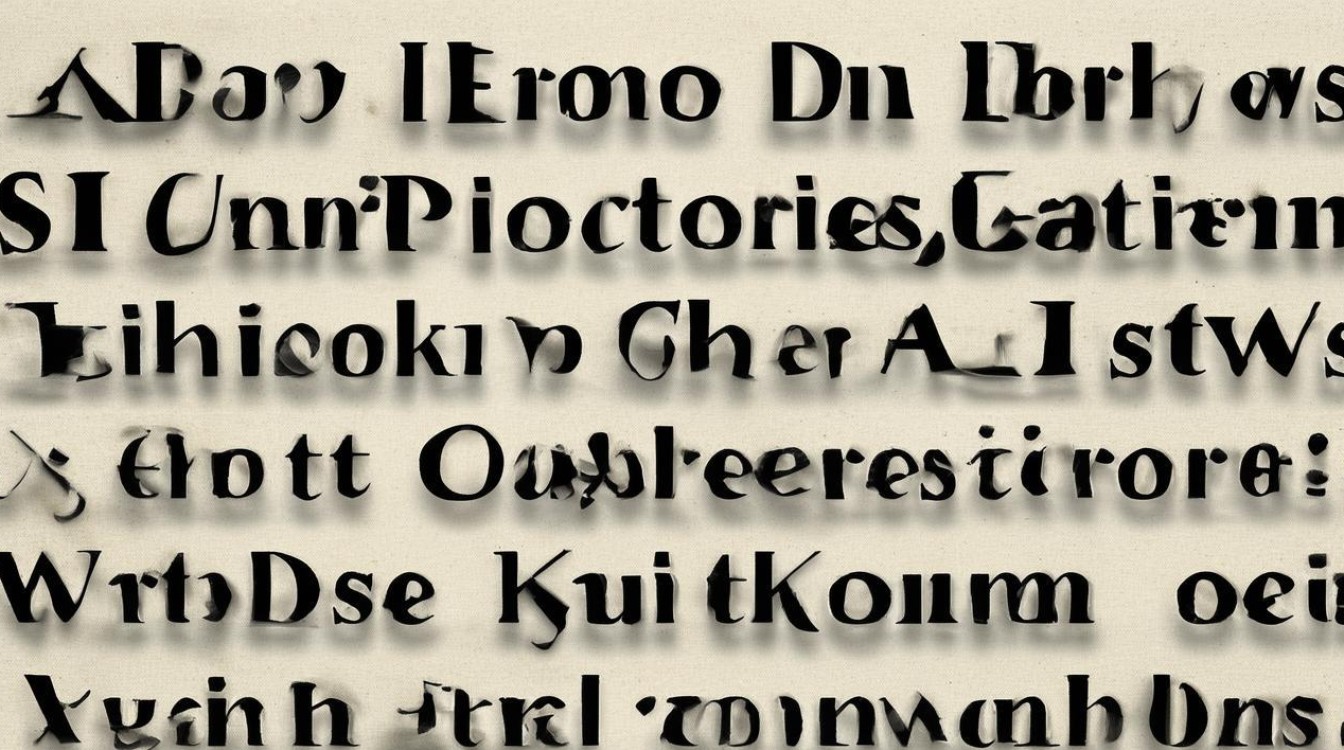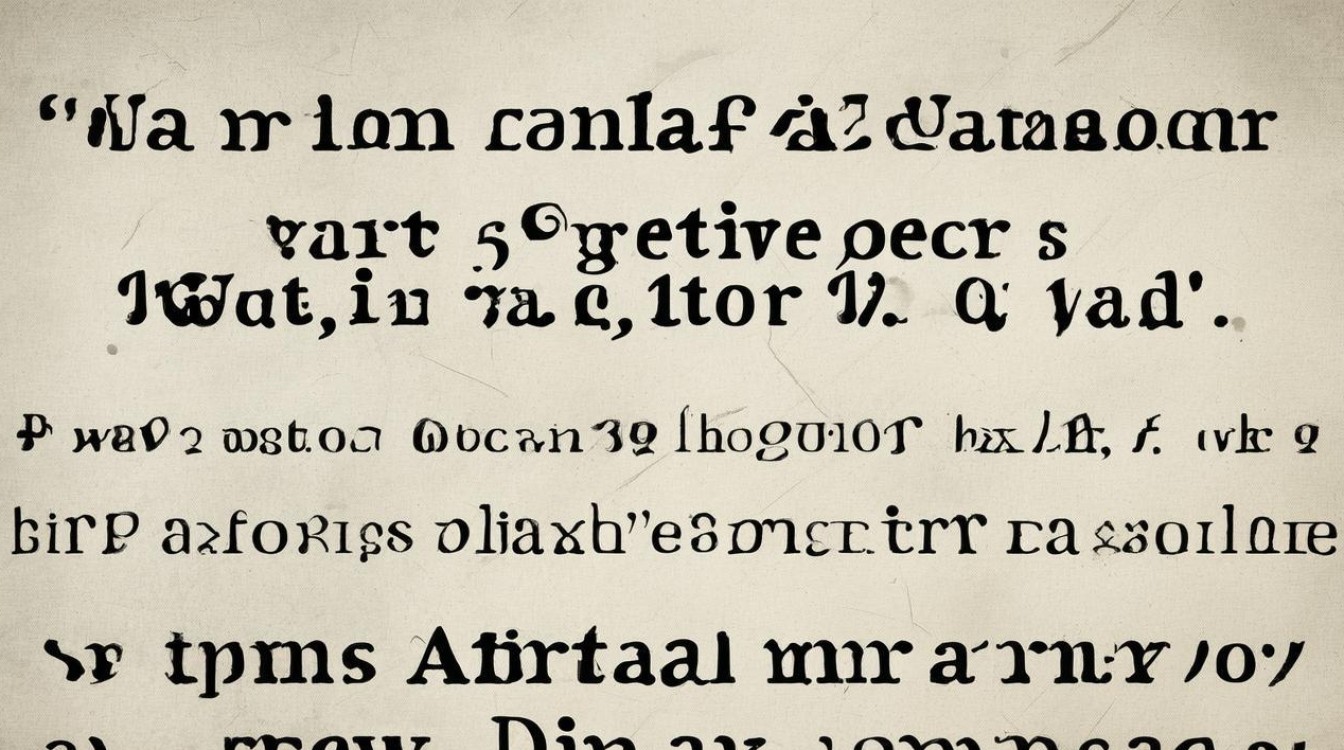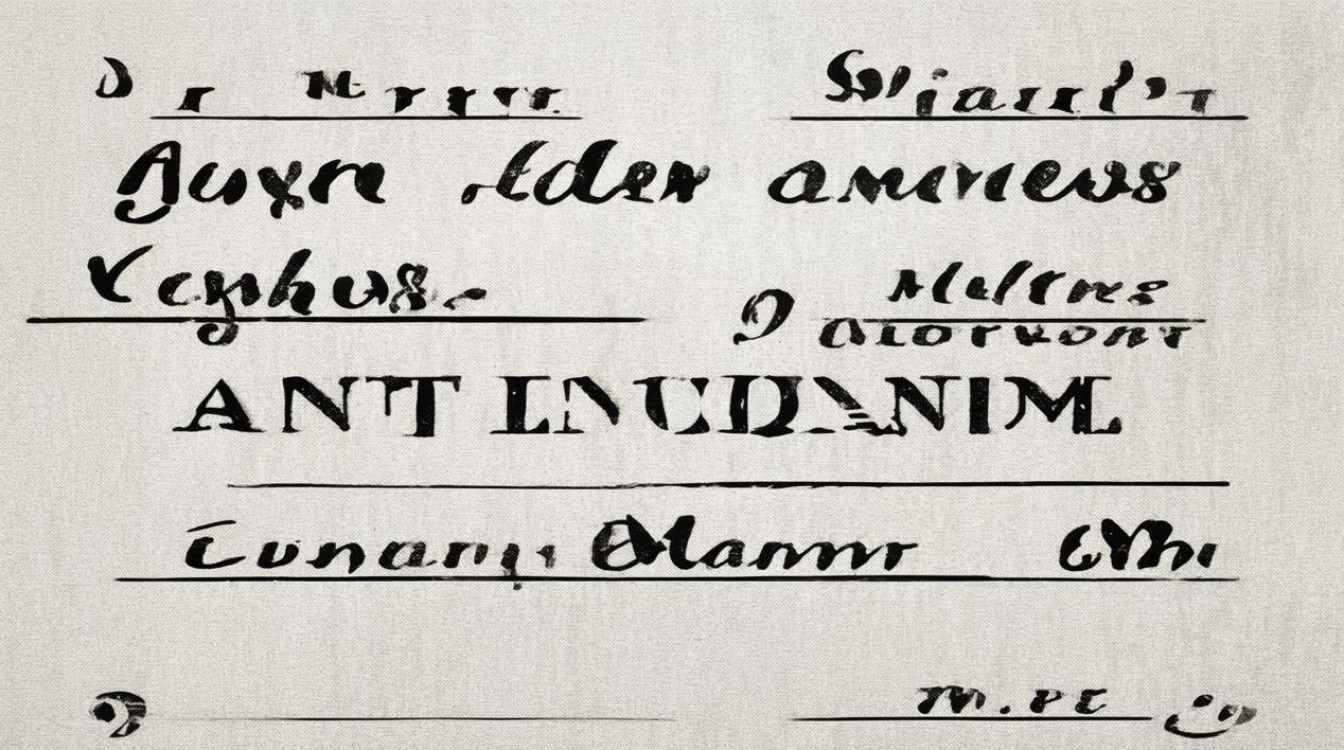英语学习中,掌握反义词能大幅提升词汇运用能力,无论是写作、口语还是阅读,理解单词的反义关系都能帮助更精准地表达,以下整理高频英语单词及其反义词,按场景分类,便于记忆与应用。

基础形容词反义词
- Big(大的) ↔ Small(小的)
The elephant is big, but the mouse is small.
- Happy(快乐的) ↔ Sad(悲伤的)
She felt happy after the party, but sad when it ended.
- Hot(热的) ↔ Cold(冷的)
Drink hot tea in winter and cold water in summer.
- Fast(快的) ↔ Slow(慢的)
The train is fast, while the bicycle is slow.
- Light(轻的) ↔ Heavy(重的)
A feather is light, but a stone is heavy.
动词反义词
- Give(给予) ↔ Take(拿走)
Give help to others, but don’t take credit unfairly.
- Love(爱) ↔ Hate(恨)
They love peace and hate violence.
- Arrive(到达) ↔ Depart(离开)
The flight will arrive at noon and depart in the evening.
- Win(赢) ↔ Lose(输)
Every game has a team that wins and one that loses.
- Start(开始) ↔ Finish(结束)
Start your homework early to finish it on time.

副词反义词
- Always(总是) ↔ Never(从不)
He always arrives early, but she never does.
- Here(这里) ↔ There(那里)
Put the book here, not there.
- Up(向上) ↔ Down(向下)
The balloon goes up, while the rock falls down.
- Inside(里面) ↔ Outside(外面)
It’s warm inside but cold outside.
- Quickly(快速地) ↔ Slowly(缓慢地)
Run quickly to catch the bus, or walk slowly if you’re late.
名词反义词
- Friend(朋友) ↔ Enemy(敌人)
A true friend supports you, while an enemy opposes you.
- Day(白天) ↔ Night(夜晚)
Work during the day and rest at night.
- Success(成功) ↔ Failure(失败)
Success comes from effort, not fear of failure.
- Truth(真相) ↔ Lie(谎言)
Always speak the truth, never tell a lie.
- Life(生命) ↔ Death(死亡)
Celebrate life, but accept death as part of nature.

进阶反义词
- Generous(慷慨的) ↔ Stingy(吝啬的)
A generous person shares; a stingy one hoards.
- Brave(勇敢的) ↔ Cowardly(懦弱的)
Brave people face challenges; cowardly ones avoid them.
- Modern(现代的) ↔ Ancient(古代的)
Modern technology differs greatly from ancient tools.
- Flexible(灵活的) ↔ Rigid(僵硬的)
A flexible plan adapts, while a rigid one breaks.
- Optimistic(乐观的) ↔ Pessimistic(悲观的)
An optimistic outlook brings hope; pessimism breeds doubt.
易混淆反义词
部分单词的反义关系容易被忽略,需特别注意:
- Accept(接受) ↔ Reject(拒绝)
Accept an offer you like; reject one you dislike.
- Include(包含) ↔ Exclude(排除)
The list includes all members but excludes guests.
- Major(主要的) ↔ Minor(次要的)
Focus on major issues first, then minor details.
- Maximum(最大) ↔ Minimum(最小)
The maximum speed is 120 km/h; the minimum is 60 km/h.

- Visible(可见的) ↔ Invisible(不可见的)
Stars are visible at night, but air is invisible.
反义词在句子中的运用
理解反义词后,关键在于灵活使用。
- Before & After
Before the exam, she was nervous; after it, she felt relieved.
- Increase & Decrease
Exercise can increase strength, while inactivity decreases it.
- Agree & Disagree
Some agree with the plan, while others disagree.
记忆技巧
- 配对练习:将反义词写卡片,随机配对记忆。
- 造句法:用一对反义词造一个句子,加深印象。
- 联想对比:将反义词与具体场景联系,如“白天与黑夜”。
英语反义词的学习需要持续积累,建议每天掌握5-10组,结合例句反复练习,随着词汇量增加,表达会更丰富准确。

